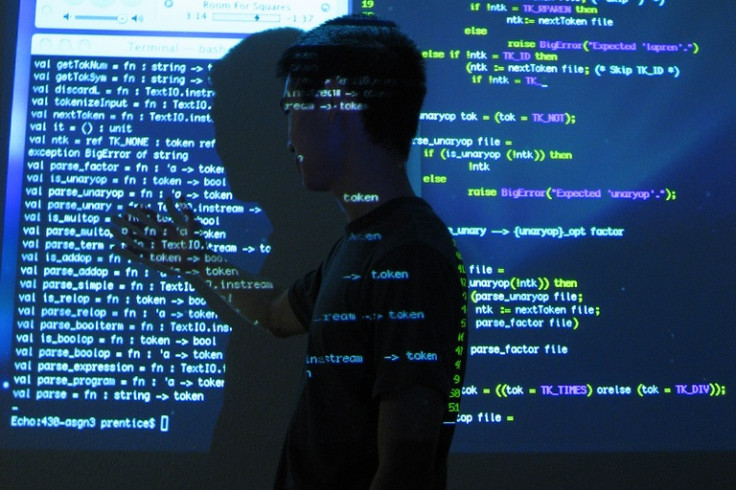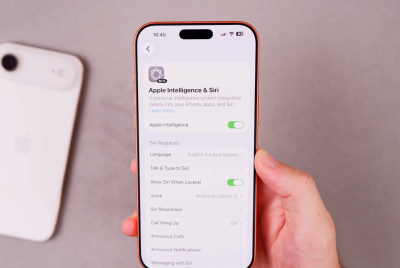Coding in the classroom: What is coding and why is it so important?
As part of the new computing curriculum, coding will be taught in primary and secondary schools across England.

One of the biggest overhauls of the national curriculum in 14 years is to come into affect from Monday, 1 September as information and communications technology (ICT) is replaced by a new computer science programme.
As part of the new computing curriculum, coding will be taught in primary and secondary schools across England to children between the ages of five and 15, however, it seems like someone has forgotten to tell the parents.
A new study from Ocado Technology has revealed that two thirds of parents with primary school children are oblivious to the new computing curriculum.
As part of a week-long series of features about Coding in the Classroom, IBTimes UK takes a closer look at coding in order to help anyone unfamiliar with the subject to get with the programme, so to speak.
What is coding?
Coding, in the simplest of terms, is telling a computer what you want it to do, which involves typing in step-by-step commands for the computer to follow.
Computers are not clever things, however they are very obedient. They will do exactly what you want them to do, so long as you tell them how to do it correctly.
Learning to code has been likened to learning a foreign language, or perhaps more specifically a family of foreign languages.
There are many different coding languages, each one designed with certain things in mind. Examples include C, a 'low level' but fast programming language that is good for anything graphically intensive like games; Javascript, which was specifically designed for dealing with web content; and Perl, a multi-functional language that is often referred to as the 'swiss army knife' of programming.
Why is coding important?
Code powers our digital world. Every website, smartphone app, computer programme, calculator and even microwave relies on code in order to operate. This makes coders the architects and builders of the digital age.
Over the next 10 years it is estimated that there will be 1.4 million jobs in computer sciences and only around 400,000 graduates qualified to do them.
Jobs not directly linked to computer sciences - such as banking, medicine and journalism - will also be affected by the need for at least an understanding of programming and coding.
Linda Liukas, co-founder of coding workshop programme Rail Girls, believes that coding is "the literacy of the 12st century" and the need for people to speak the ABC of programming is imminent.
"Our world is increasingly run by software and we need more diversity in the people who are building it. More importantly, writing software is about expression, creativity - and practical application," Liukas told IBTimes UK.
"Our kids should learn to bend, join, break and combine code in a way it wasn't designed to. It's a whole generation of kids that will use code like our generation used words."
© Copyright IBTimes 2025. All rights reserved.





















